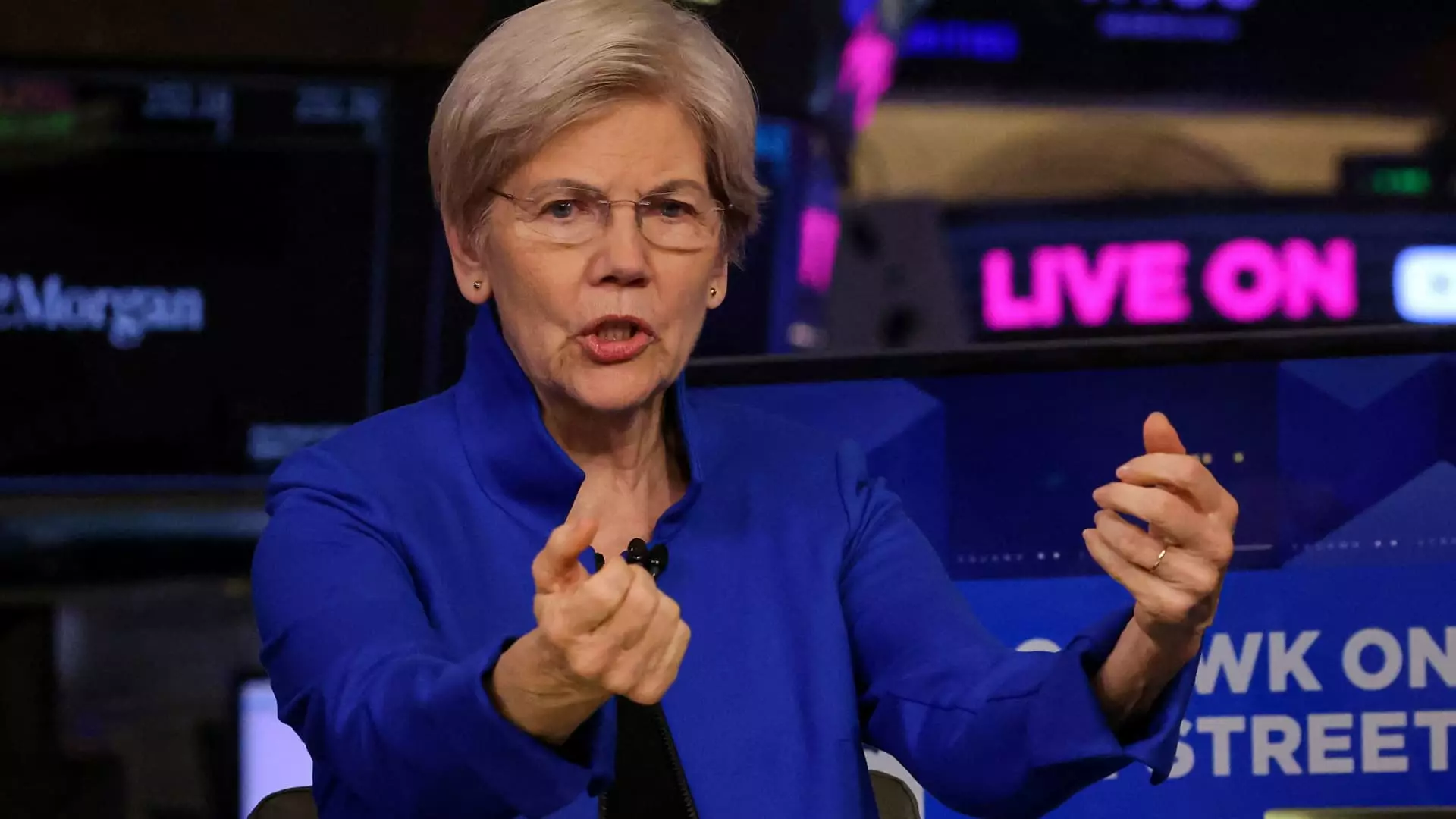In recent times, the prospect of political figures exerting undue influence over central financial institutions has become a source of alarm among policymakers, economists, and informed citizens alike. The potential removal of Federal Reserve Chair Jerome Powell by President Donald Trump exemplifies this peril. Such interference, whether overt or implied, jeopardizes the delicate balance of independence that signifies a healthy, resilient economy. When political leaders threaten or attempt to destabilize the Fed’s autonomy, they risk triggering a cascade of market instability, eroding trust among investors, and shaking consumer confidence. The core principle that a central bank should operate free from partisan pressures is rooted in safeguarding economic stability. Any breach of this principle invites chaos and undermines the societal trust that underpins financial markets both domestically and globally.
The Danger of Politicizing Monetary Policy
Central banks are designed as insulated institutions precisely to shield monetary policy from current political winds. When a sitting president targets the Fed, the message is clear: policy decisions, which should be grounded in data and economic health, are subject to political whims. This politicization feeds into cyclical uncertainty, prompting investors to pull back, and increases volatility in markets. It becomes a zero-sum game where economic stability is sacrificed for short-term political gains. The attempted ousting of Powell is emblematic of this dangerous trend—an attack on the credibility of the Fed that ultimately threatens to destabilize the financial system. Such actions distort the purpose of the institution: to serve as an impartial guardian of economic health, not a puppet in political machinations.
The Consequences of Undermining Institutional Independence
The independence of the Federal Reserve functions as a safeguard against inflationary spirals, financial crises, and economic misjudgments. When powerful actors undermine this independence, they weaken the entire framework that stabilizes the economy during turbulent times. Elizabeth Warren’s warning is not merely political rhetoric but a stark wake-up call highlighting that disrupting the Fed’s independence could lead to catastrophic market reactions. Markets react negatively to uncertainty, and political threats against Powell could be perceived as precedents for future erosion of institutional integrity. The tangible consequences would include a sharp decline in the dollar, increased borrowing costs, and global financial instability—precisely the chaos forecasted by Warren should such political interference occur.
The Broader Democratic Dilemma
At its heart, this controversy exposes a fundamental tension within our democratic system: balancing executive authority with institutional independence. While presidents have the statutory power to appoint Fed chairs, the expectation is that such figures operate beyond daily political pressures. The Fed’s role in stabilizing employment, controlling inflation, and managing financial crises necessitates a level of neutrality that cannot be compromised by partisan attacks. The attempt by Trump to oust Powell reflects an unsettling desire for control that, if successful, could set a damaging precedent. It raises urgent questions about accountability, the limits of presidential power, and the safeguards needed to preserve the central bank’s integrity as an anchor of economic stability.
Centrist Responsibility in a Politically Charged Environment
In this polarized climate, centrist liberals and moderate conservatives alike must recognize the importance of defending institutional independence. It is not a matter of partisan loyalty but a pragmatic stance to prevent economic chaos. While disagreements over monetary policy are inevitable, undermining the framework that ensures an objective, expert-driven decision-making process is reckless. Protecting the Fed’s independence is, in effect, a safeguard for the democratic ideals of stability, transparency, and responsible governance. As societal risks and economic uncertainties grow, allowing political actors to wield undue influence over monetary policy risks further destabilizing an already fragile global economy. At the core, defending the Fed’s independence is about safeguarding the very fabric of financial stability for future generations.


Leave a Reply